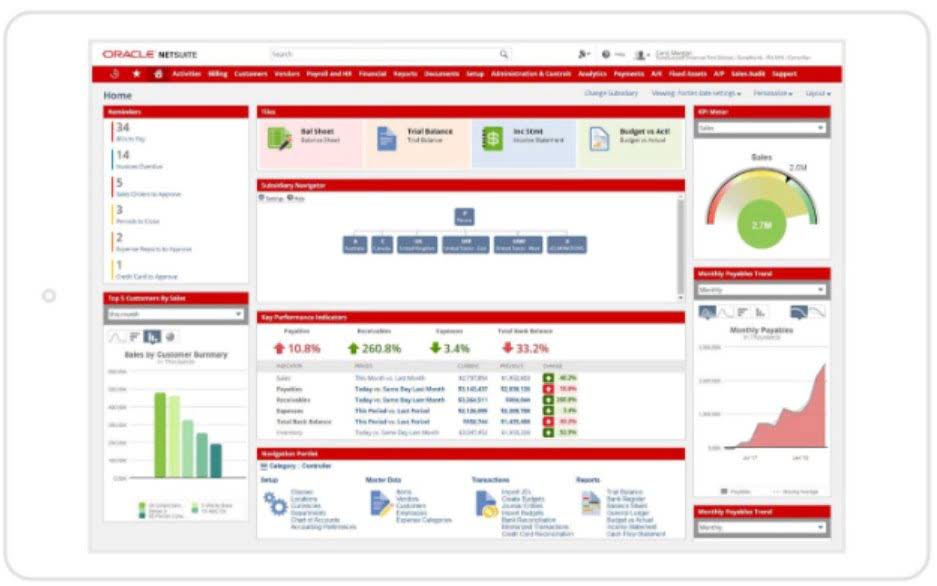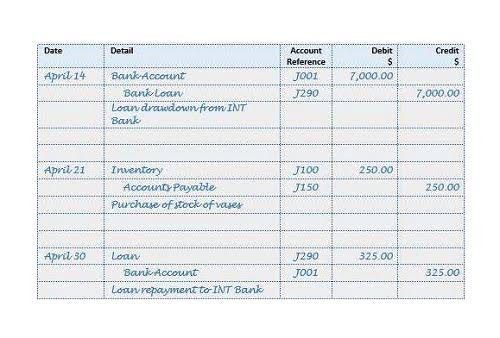There are many reasons we do this, but there are more important reasons why we can and should learn to stop. Read on to gain a greater understanding of how smart people unwittingly magnify job stress, and how you can leave work at work as much as you possibly can. This can decrease your stress levels, prevent burnout, and increase your overall happiness. Unwinding after work can help you leave behind the stresses of the workday and relax.
- Think of it as your pre-meeting power pose, but for the mind.
- Skip the surface-level scribbles about your crushes and get to the juicy stuff.
- Sleep is when your brain resets, so prioritizing good rest is a powerful way to boost productivity and well-being.
- Spending time with your best friend will help reduce your stress.
- And more importantly, with this weight lifted from your shoulders, you won’t be as stressed.
With that said, try lowering your expectations and think done instead of perfect. Make a quick call to a friend, family member, or coworker, or send a quick text to decompress and temporarily switch off. It can be comforting to have a loved one come to the rescue when you have a difficult time.
Cultivate mindfulness and emotional resilience
Rachel Goldman, PhD FTOS, is a licensed psychologist, clinical assistant professor, speaker, wellness expert specializing in eating behaviors, stress management, and health behavior change. Stress affects everyone differently, and what is a stressor for one person may not be for another. Recognizing the signs can help you identify when work is affecting your wellbeing.
Craft and create
Mindfulness can be as simple as taking moments to close your eyes, focus on your breath, and center your thoughts. Apps such as Calm and Headspace offer guided meditations perfect for after-work relaxation. Writing down three things you’re thankful for each evening can help you focus on positivity and leave the day’s stresses behind. According to the American Institute of Stress, job pressure and money are the top causes of stress in America, with 61 percent of people reporting that work is their main source of stress. Whether it’s knitting, painting, or making jewelry, crafting https://ad-smart.org/countdown-to-closure-okx-to-cease-crypto-services-in-nigeria-by-august is a great way to unwind after work. Creativity-focused activities like these allow our brains release dopamine, which is a natural antidepressant.
It can also prime you to appreciate your loved ones more when you get home to them. The ride home from work can be stressful if you keep replaying the stresses of the day, or letting traffic stress you out even more. With some planning, you can make your commute home into an experience you look forward to rather than another obstacle to overcome before you can relax. One way to maximize your commute time is to listen to audiobooks, either fiction (for fun) or nonfiction in an area where you’d like to grow.
Plus, the ritual of preparing and sipping tea can be incredibly calming. It forces you to slow down and be present in the moment. The feel of the paint on your fingers and the freedom to make a mess is incredibly relaxing. And don’t worry about making “art”, the goal is to have fun and let go of your day.
Savoring food or a drink
Anonymously rate your current or former employer now to unlock our one-of-a-kind resources. InHerSight matches job seekers and companies based on millions of workplace ratings from women. Find a job at a place that supports the kinds of things you’re looking for.
Stress Awareness Month: Finding healthy coping strategies
Because of this, meeting deadlines, managing relationships with colleagues, and striving to meet performance expectations can feel directly tied to our overall sense of self and wellbeing. It varies by person, but minutes daily is often recommended for best results, especially if practicing earthing (contact with the earth). Picture someone you care about, and recall a comforting conversation. Engage in simple stretches or yoga poses to relieve tension. Walk slowly, and notice the sensation of your feet touching the ground. Acknowledge thoughts without attaching to them, letting them drift away like http://wilka.ru/lyrics/index.php?newsid=46057 clouds.
Close your eyes, and focus on each part of your body, noting sensations without judgment. Our team aims to be not only thorough with its research, but also objective and unbiased. The information in our articles is NOT intended to replace a one-on-one relationship with a qualified health care professional and is not intended as medical advice. Take CNBC’s new online course How to Start a Side Hustle to learn tips to get started and strategies for success from top side hustle experts.
- Rachel Goldman, PhD FTOS, is a licensed psychologist, clinical assistant professor, speaker, wellness expert specializing in eating behaviors, stress management, and health behavior change.
- Many people who are unable to leave work at work have sleep difficulties because they are replaying everything in their mind and their mind is not able to shut off enough to go to sleep.
- 💙 Breathe into Relaxation with this short meditation to help you release the pressure of stress in your body and mind after work.
- I do this all the time when I need to blow off some steam.
- Whereas your parents or grandparents might have enjoyed a drink while listening to the radio, these days folks are pairing their after-work cocktails with podcasts.
- Here are eleven proven, effective ways to unwind and decompress after work, so you can leave the stress behind.
Dr Alex George talks to Psychologies’ Hannah Stephenson about empowering young people to feel more positive, prioritising his own mental health, and why he believes communication is the key. Both experts suggest seeking help if the stress management tactics that usually work aren’t helping anymore. To move out of your drive system, your body needs to discharge any excess energy, dopamine, and stress hormones. Choose any movement that feels good to you and do it until you feel pleasantly tired. If your workload feels impossible to manage, this guided practice offers grounding techniques to calm your nervous system and break challenges into manageable steps.
Taking a break can allow our minds and bodies to rest and recover from the day’s stresses. When we don’t unwind, stress can accumulate, leading to burnout, which is a state of emotional, physical, and mental exhaustion. Adequate rest is crucial for maintaining mental health and recovering from work stress.
We’re on a mission to help people around the world live a happier, healthier https://abercrombieadeutschland1912.info/practical-and-helpful-tips-5 life, through expert-led meditations, sleep stories, brainwaves and more. Remember, unwinding is not relaxation, it is rejuvenation. Embrace the art of unwinding,” concludes Dr Taylor Elizabeth, emotional intelligence and etiquette coach. Consistency matters more than duration—even five minutes of intentional unwinding creates significant benefits when practiced regularly.
Tips
After a hectic day, deep breathing is a great way to relax the nervous system, reduce stress, improve oxygen flow and promote a deep sense of calm. This physiological shift is essential for both mental and physical recovery. Whether painting, knitting, gardening, or even baking, creative hobbies allow you to shift your focus away from work and into something fulfilling. Engaging in creative activities helps reduce stress and fosters a sense of accomplishment. Carve out time in the evening to revisit a passion project or try something new. Deep breathing exercises can activate our body’s relaxation response, helping to lower stress levels and promote a sense of calm.
Linda’s meditation guidance is rooted in science, empathy, and a nuanced understanding of how stress affects both mind and body. Whether you’re battling a mental block or spiraling with stress, this meditation quiets the inner critic so your creativity—and focus—can flow again. It’s especially useful for knowledge workers, creatives, and anyone who deals with problem-solving under pressure. That’s where meditation comes in—not as a quick fix, but as a sustainable, daily practice for managing pressure and creating a healthier balance between work and life.
Reducing Stress with Meditation
- Plus, journaling provides a tangible record of your journey, allowing you to track your progress, celebrate achievements, and learn from past experiences.
- Transform your living space into a haven of tranquility.
- Remember, unwinding is not relaxation, it is rejuvenation.
- In small doses, stress can be beneficial, helping us stay focused and alert.
Engaging in hobbies that bring joy can provide a productive escape from work-related stress. Whether it’s painting, gardening, or playing a musical instrument, dedicating time to activities we love can boost our mood and enhance our creativity. It can involve mentally going over what you’re looking forward to in the rest of your evening, or texting a loved one and refocusing your attention to your life.




